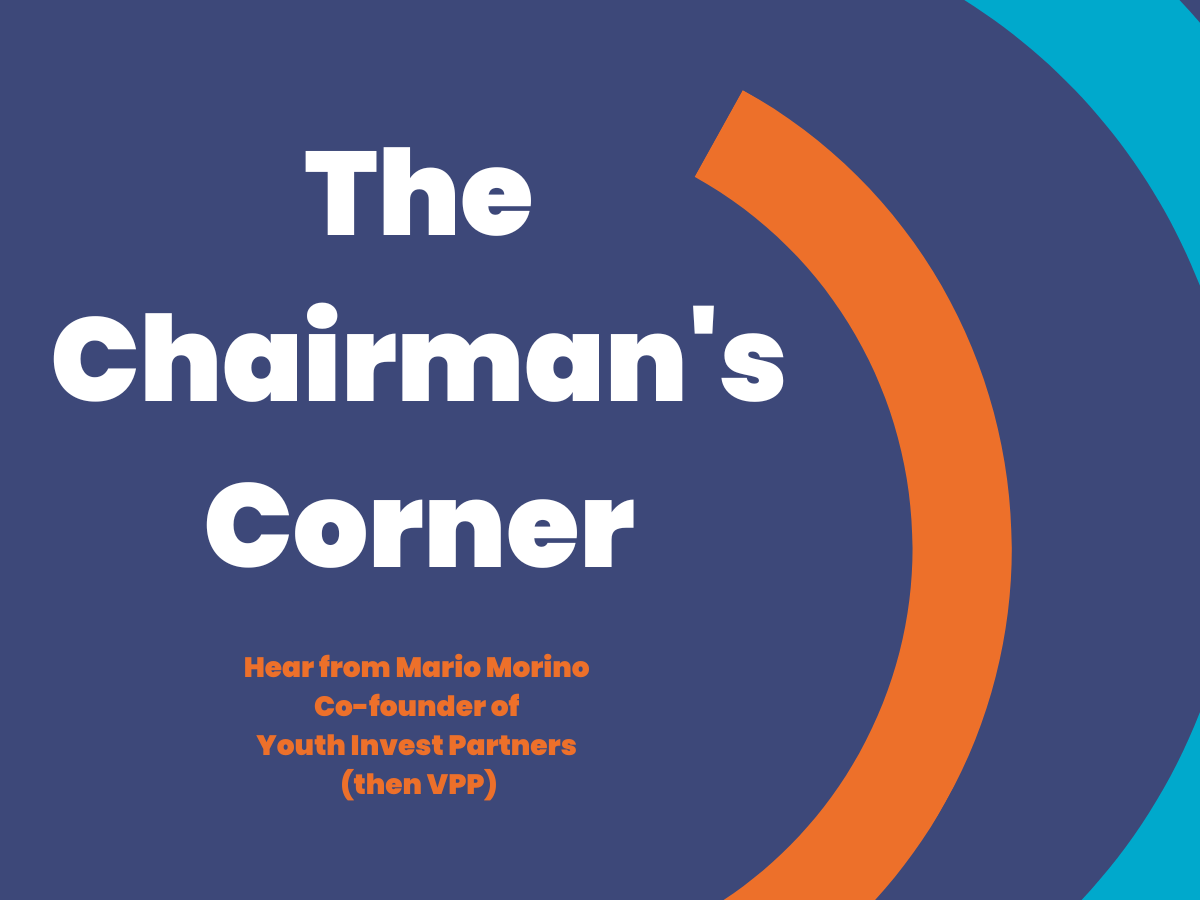Chairman’s Corner: January 2002

The “Perfect Storm”
by Mario Morino, Co-founder of VPP
September 11 was a perfect storm scenario: terrorism, economic recession, and the high-tech sector’s implosion converged, wreaking far more havoc in combination than any one of these fronts could have caused by itself. In the aftermath of the storm, I believe it is important for us to understand how this dangerous convergence has reshaped the climate in which nonprofits and philanthropic institutions operate.
Although charitable giving is certain to rise over the next 20 years as trillions of dollars of family wealth transfers from one generation to the next, the economic downturn has severely curtailed individual and foundation giving in the near term. The fact that VPP’s founding investors have continued to honor their pledges at this difficult time is a testament to the uniqueness of our investor base.
Government funding, which accounts for a far larger portion of nonprofit revenues than does charitable giving, is a major long-term concern. When you combine the effects of the economic downturn, the large tax cut that was signed this summer, and the new demands of homeland and international security, in theory we could be looking at cuts in discretionary spending of up to 20 percent over the next 10 years, or about $80 billion a year. Social service dollars are particularly vulnerable, especially when you consider that certain areas of discretionary spending, such as funding for local police and airline safety, will only increase.
This funding crunch is hitting at the exact time that demand for social services is rising. Since the attacks, more than one million people have lost their jobs, more than 500,000 have lost their health care coverage, and requests for emergency shelter and food are increasing across the country. In addition, tens of thousands of families are now facing the expiration of their welfare benefits as a result of the five-year limits introduced in the 1996 welfare reform law.
These converging factors are only increasing the impetus for philanthropic approaches that focus on outcomes. As one foundation executive in Pittsburgh recently told VPP board member Bill Shore, “Our endowment has lost more than $300 million over the last year, which means we’ll put $15 million less out into the community. That means the organizations we fund must have the capacity to succeed. Our decisions have to be more strategic.”
In the coming months, we will be working to convene a small group of thought leaders from the region to help us understand these trends, the possible implications for nonprofits and funders here in the National Capital region, and how we should factor them into VPP’s long-term strategy. We’ll be sure to share the findings from this work.



